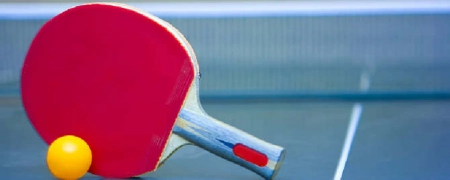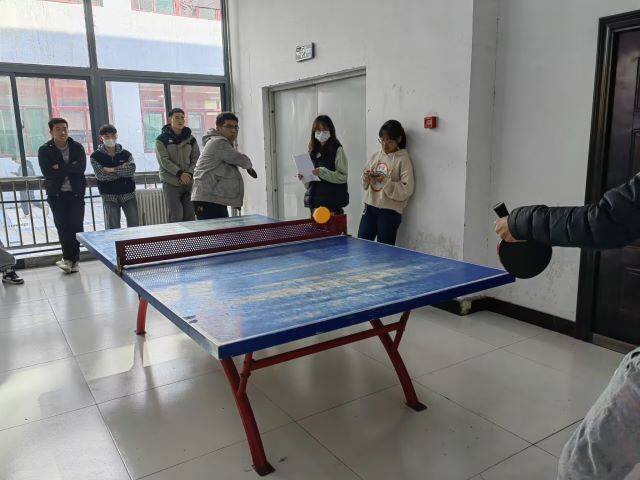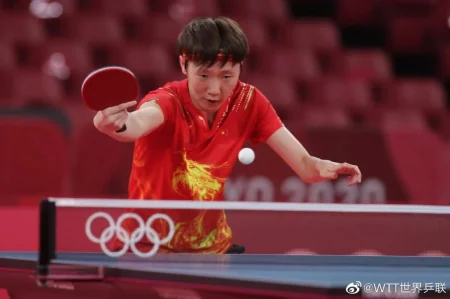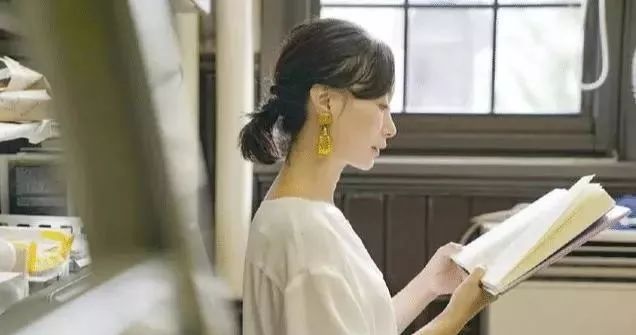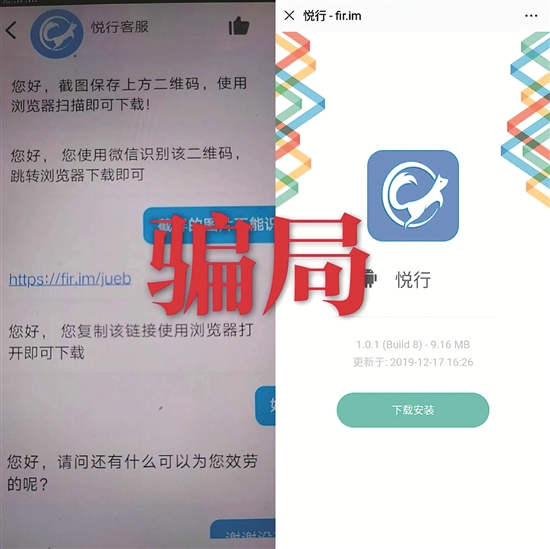外研版小学英语(一起)二年级下册知识点汇总

外研一起二年级下册Module 1 知识汇总
一、词汇
weather 天气
like 像,如同
What’s the weather like? 天气怎么样?
sunny 阳光充足的,阳光明媚的
windy 有风的,刮风的
take 带,拿
cap (有帽檐的)帽子
sofa 沙发
street 街道
rain 下雨,雨
snow 下雪
ski 滑雪
二、句子
1. What’s the weather like? 天气怎么样?
2. It’s hot and sunny. 天气很热很晴朗。
3. Is it hot? 天气热吗?
4. Where’s my cap? 我的帽子在哪?
5. It’s over there. 在那边。
6. It’s on the sofa. 在沙发上。
7. It’s windy now. 现在有风。
8. It’s summer. 现在是夏天。
9. I like running. 我喜欢跑步。
10. What’s the weather like here in summer? 这里的夏天天气怎么样?
11. What do you like doing in summer? 你夏天喜欢做什么?
12. I like skiing. 我喜欢滑雪。
三、句型结构
1. What’s the weather like +(in + 季节)(+ 地点短语)? 用于询问某个季节(某地)的天气。
eg: — What’s the weather like in winter? 冬天天气怎么样?
— It’s snowy and cold. 是下雪天而且很冷。
2. — What do you like doing in + 季节? 询问对方在某个季节喜欢做什么。
— I like + 动词-ing + 其他.
eg:— What do you like doing in spring? 春天你喜欢做什么?
— I like running. 我喜欢跑步。
3. 主语 + like/ likes + 动词-ing + 其他. 表达某人喜欢做某事。
eg:He likes reading books.
外研一起二年级下册Module 2 知识汇总
一、词汇
radio 收音机;电台节目
photo 照片
newspaper 报纸
little 年幼的;幼小的
camera 照相机
smile 微笑
draw 绘画;画
picture 图画;照片
write 写
letter 信
colour 给……着色
二、句子
1. I’m swimming. 我正在游泳。
2. Look at my photos. 看我的照片。
3. She is listening to the radio. 她在听收音机。
4. That’s your mother. 那是你的妈妈。
5. He’s reading a newspaper. 他在看报纸。
6. She is playing the piano. 她在弹钢琴。
7. I’m drawing a picture. 我正在画画。
8. I like drawing. 我喜欢画画。
9. I’m colouring the picture. 我在给图片涂色。
10. I’m writing a letter. 我正在写信。
11. Is he playing football? 他在踢足球吗?
三、句型结构
1. Look at + 名词. 用于提醒某人看某物。
eg: — Look at my toys. 看我的玩具。
2. 主语 + be动词 (am, is, are) + 动词-ing + 其他. 表达某人正在做某事。
eg:My brother is watching TV. 我的弟弟正在看电视。
3. That’s + 某人。用于向对方介绍离自己较远的人。
eg:That’s my brother. 那是我的弟弟。
4. Be动词 (am, is, are) + 主语 + 动词-ing + 其他? 询问某人是否正在做某事。
eg:Are you having lunch? 你正在吃午饭吗?
外研一起二年级下册Module 3 知识汇总
一、词汇
tidy整理,收拾
room 房间
do 做,干
homework 家庭作业
sleep 睡觉
secret 秘密
card 贺卡
flower 花
science 科学
today 今天
二、句子
1. He isn’t doing his homework. 他没有在做作业。
2. Sam isn’t tidying his room. 萨姆没有在整理房间。
3. What’s he doing? 他在做什么?
4. — Are you tidying your room now? 你在整理房间吗?
— Yes, I am. 是的,我在。
5. Please do your homework. 请你去做作业。
6. Are you doing your homework, Amy? 你在做作业吗,艾米?
7. I’m drawing a picture of flowers. 我在画一张花的图片。
8. It’s my Science homework today. 这是我今天的科学作业。
9. I’m coming to your room. 我要来你房间了。
10. She’s reading a book. 她正在看书。
三、句型结构
1. 主语 + be动词 (am, is, are) + not + 动词-ing + 其他. (现在进行时的否定句式)表达某人没有在做某事。
eg:My mother isn’t cooking. 我的妈妈没有在做饭。
2. — Be动词 (am, is, are) + 主语 + 动词-ing + 其他? (现在进行时的一般疑问句式)询问某人是否正在做某事。
— Yes, 主语 + be动词 (am, is, are)./ No, 主语 + be动词 (am, is, are) + not.
eg:— Is he reading books? 他正在看书吗?
— No, he isn’t. 不,他没有。
3. What + be动词 (am, is, are) + 主语 + doing? (现在进行时的特殊疑问句式)询问某人正在做什么。
eg:— What are you doing? 你正在做什么?
— I’m doing exercise. 我正在做运动。
外研一起二年级下册Module 4 知识汇总
一、词汇
call打电话,通话
noise 声音,响声
drink 喝,饮
talk 说话,交谈
stone 石子,石头
behind在……后面
hide 躲藏
seek 寻找
hide-and-seek 捉迷藏
二、句子
1. — Are you dancing? 你在跳舞吗?
— No, I’m not dancing. 不,我没有在跳舞。
2. — What are you doing? 你在干什么?
— I’m swimming. 我在游泳。
3. — What’s he doing? 他在干什么?
— He’s playing with his train. 他在玩他的火车。
4. I’m talking to you. 我在和你说话。
5. — Where are Lingling and Amy? 玲玲和艾米在哪?
— They are there. 她们在那儿。
6. — Where is Sam? 萨姆在哪?
— He’s behind the tree. 他在树后面。
7. What are they doing? 他们在干嘛?
三、句型结构
1. What + be动词 (am, is, are) + 主语 + doing? (现在进行时的特殊疑问句式)询问某人正在做什么。
eg:— What are they doing? 他们在做什么?
— They’re climbing the trees. 他们在爬树。
2. — Be动词 (am, is, are) + 主语 + 动词-ing + 其他? (现在进行时的一般疑问句式)询问某人是否正在做某事。
— Yes, 主语 + be动词 (am, is, are)./ No, 主语 + be动词 (am, is, are) + not.
eg:— Is he reading newspaper? 他在看报纸吗?
— No, he isn’t. 不,他没有。
外研一起二年级下册Module 5 知识汇总
一、词汇
skip 跳绳
hurry up 赶快
late 晚的,迟的
sad 伤心的,难过的
no 没有
those 那些
clap 拍手
game 游戏
clapping game 拍手游戏
well 噢,喔,好
kid 小孩
catch 抓,捉;追人游戏
of course 当然
二、句子
1. I’m opening the door. 我要开门了。
2. No one is playing with me. 没有人陪我玩。
3. Lingling is skipping. 玲玲在跳绳。
4. Daming is hiding and Sam is seeking. 大明在藏,萨姆在找。
5. They are playing catch. 他们在玩追的游戏。
6. Do you like clapping games? 你喜欢拍手游戏吗?
7. The boys are catching them. 男孩们在追他们。
8. What are they playing? 他们在玩什么?
三、句型结构
1. What + be动词 (am, is, are) + 主语 + doing? (现在进行时的特殊疑问句式)询问某人正在做什么。
eg:— What are they doing? 他们在做什么?
— They’re playing football together in a match. 他们在一起踢足球比赛。
外研一起二年级下册Module 6 知识汇总
一、词汇
usually 通常地
us (宾格)我们
ride 骑
thing 事情,活动
ill 有病的
cook 做(饭),烧(菜)
her (宾格)她
go shopping 去购物
kitchen 厨房
二、句子
1. I usually go home at four. 我通常在四点回家。
2. On Sundays, I usually play basketball. 周日,我通常打篮球。
3. I usually ride my bike. 我通常骑自行车。
4. My mother usually cooks . 我妈妈通常做饭。
5. My father is going shopping. 爸爸要去购物。
6. But today she isn’t doing these thing. 但是今天她没有在做这些事。
7. I’m cooking for her. 我在为她做饭。
8. I usually watch TV on Sundays. But I’m helping my mother this Sunday. 我经常在周日看电视。但是这个周日我在帮助妈妈。
9. What do you usually do on Sundays? 你通常在周日做什么?
三、句型结构
1. 主语 + usually + 动词原形或第三人称单数形式 + 其他.
表达某人通常做某事。
eg:I usually play with my brother on Saturdays. 我通常在周六陪弟弟玩。
She usually goes swimming on Fridays. 她通常在周五去游泳。
2. What do/ does + 主语 + usually do + 时间?询问某人在某时经常做什么?
eg: — What do you usually do on Friday evenings? 周五晚上你通常做什么?
— I usually go dancing. 我通常去跳舞。
外研一起二年级下册Module 7 知识汇总
一、词汇
Children’s Day 儿童节
TV 电视台
play (戏剧)演出
say 念,朗诵
poem 诗
dragon 龙
dragon dance 舞龙
picnic 野餐
family 家;家庭
beach 海滩
二、句子
1. It’s Children’s Day today. 今天是儿童节。
2. The children are very happy. 孩子们都很开心。
3. Daming is doing a play with some children. 大明在和一些孩子玩游戏。
4. Sam is saying a poem. 萨姆在读诗。
5. Now, look! Some children are doing a dragon dance. 现在,快看!一些孩子在舞龙。
6. I’m at the park with my family. 我和我的家人在公园。
7. We are all eating. 我们都在吃东西。
8. I’m at the beach with my family. 我和我的家人在沙滩。
9. We are having a picnic. 我们在野餐。
三、句型结构
1. 主语 + be 动词 + 介词 + 地点 + with + 某人. 表示主语和某人在某地。
eg:She’s at home with her brother. 她和弟弟待在家里。
I’m in the cinema with my friends. 我和朋友在电影院。
2. It’s + 节日 + today. 表示今天是什么节日。
eg: It’s Mother’s Day today. 今天是母亲节。
外研一起二年级下册Module 8 知识汇总
一、词汇
hill 小山
past 经过
station 车站
hospital 医院
stop 停止
turn 转向,转弯
around 到另一面,转向
turn around 转身,回转
ground 地面
again 又一次,再一次
jump 跳跃
back 回到,返回
come back 回来
二、句子
1. It’s going up the hill. 它正在上山。
2. It’s going down the hill. 它正在下山。
3. It’s going past the house. 它正在经过一幢房子。
4. Now, it’s stopping at the station. 现在,它停在了车站。
5. We’re turning around. 我们在转圈。
6. The horse is jumping. 马在跳。
7. The horse is coming back. 马要回来了。
8. Now, she is at the park. 现在,她在公园。
三、句型结构
1. 主语 + be动词 (am, is, are) + going + up/ down/ past + 地点名词.
eg:The boat is going past the river. 小船正在经过小河。
The train is going down the hill. 火车正在下山。
外研一起二年级下册Module 9 知识汇总
一、词汇
left 向左;左边的
turn left 向左转
right 向右;右边的
turn right 向右转
road 公路,道路
excuse me 劳驾,对不起
straight 直地,直线地
go straight on 直着走
lost 迷路的
out 出,向外
factory 工厂
二、句子
1. Where are you going, Sam? 你要去哪里。
2. I’m going to Daming’s home. 我要去大明家。
3. Excuse me. Where’s Xihu Road? 请问,西湖路在哪?
4. Go straight on! 直走。
5. Then turn left! 然后左转。
6. Daming, I’m lost! 大明,我迷路了。
7. I’m in Xihu Road. 我在西湖路。
8. I live in Huxi Road. 我住在湖西路。
9. Where do you live? 你住在哪里?
10. I live on the hill. 我住在山上。
11. Where is it? 它在哪儿?
三、句型结构
1. — Where are you going? 询问对方要去哪里的句型。
— I’m going to + 地点.
eg:— Where are you going? 你要去哪里?
— I’m going to the cinema. 我要去电影院。
2. — Where do you live? 询问对方住在哪里的句型。
— I live in/ at...
eg: — Where do you live? 你住在哪?
— I live near the park. 我住在公园附近。
外研一起二年级下册Module 10 知识汇总
一、词汇
next to 接近,靠近
cousin 堂(表)兄(弟姐妹)
supermarket 超市
wrong 不正确的
way 道路,路线
turn back 往回走
front 前面
in front of 在……的前面
well 完全地,充分地
taxi 出租车,计程车
Mrs 太太,夫人
cinema 电影院
二、句子
1. — Where’s your home? 你家在哪里?
— It’s next to the park. 在公园旁边。
2. Sam, this is my cousin Dalin. 萨姆,这是我的堂兄大林。
3. Excuse me. Where’s the supermarket? 请问,超市在哪?
4. Oh, you are going the wrong way. 哦,你走错路了。
5. It’s in front of the school. 在学校前面。
6. You know the city well, Dalin. 你很了解这个城市,大林。
7. Where’s your mother? 你妈妈在哪?
8. But today he’s not working. 但是他今天没有在工作。
9. He’s helping a child. 他在帮助一个孩子。
10. Oh, her mother, Mrs White, is in front of the cinema. 哦,她的妈妈,怀特太太,在电影院前面。
三、句型结构
1. — Where is + 地点名词? 询问某地在哪里的句型。
— It’s + 地点介词短语.
eg:— Where is the gym? 健身房在哪里?
— It’s next to the supermarket. 在超市旁边。
2. 主语 + know/ knows + 某物 + well. 表示某人对某物很了解。
eg: He knows Chinese history well. 他对中国历史很了解。
-END-


